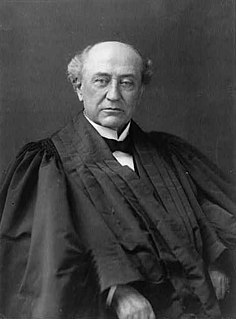A Quote by Jacques Maritain
The act of philosophizing involves the character of the philosopher.
Quote Topics
Related Quotes
When I was twelve, I was interviewed by a doctoral candidate in education and asked what I wanted to be when I grew up. I said that I either wanted to be a philosopher or a clown, and I understood then, I think, that much depended on whether or not I found the world worth philosophizing about, and what the price of seriousness might be.
I decided to do philosophy at university, with a view to becoming a professional philosopher. Being a rather unstable character, at some points I had doubts about becoming a professional philosopher, but the example of two of my teachers, Ezequiel de Olaso and Juan Rodriguez Larreta, made me confirm my original decision.
I have always taken as the standard of the mode of teaching and writing, not the abstract, particular, professional philosopher, but universal man, that I have regarded man as the criterion of truth, and not this or that founder of a system, and have from the first placed the highest excellence of the philosopher in this, that he abstains, both as a man and as an author, from the ostentation of philosophy, i. e., that he is a philosopher only in reality, not formally, that he is a quiet philosopher, not a loud and still less a brawling one.
I never like to judge the character. I just have to leave my feelings of pity, or fear, about a character - whatever I feel towards the character, I try to leave to one side. It's good to have them, but it doesn't help me. I can't act those things. I just to play the character as truthfully as I can.
It's often hard to determine, especially in early drafts, whether or not a story has a bona fide complication. Remember this: A complication must either illuminate, thwart, or alter what the character wants. A good complication puts emotional pressure on a character, promoting that character not only to act, but to act with purpose.If the circumstance does none of these things, then it's not a complication at all - it's a situation. This situation, or setup, might be interesting or even astonishing, but it gives the story no point of departure.
Remember that you are an actor in a play, and that the Playwright chooses the manner of it: If he wants you to act a poor man you must act the part with all your powers; and so if your part be a cripple or a magistrate or a plain man. For your business is to act the character that is given you and act it well. The choice of the cast is Another's.








































